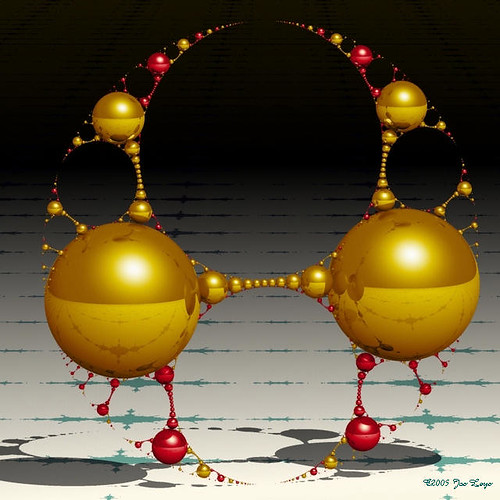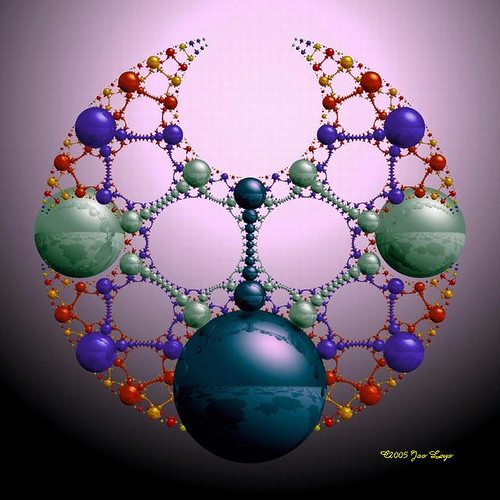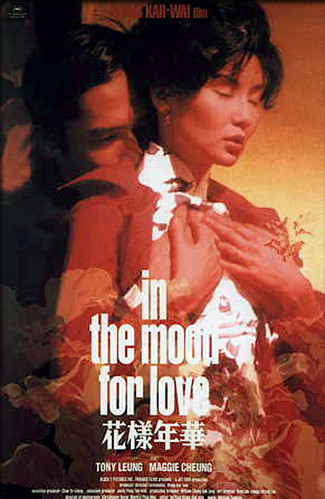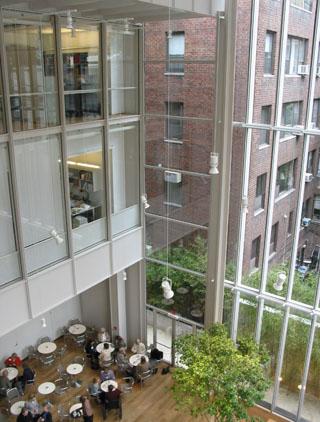Mark Steyn perhaps speaks for the majority, who find Updike's portrait of a young, introverted, Qur'an-drenched teenager unconvincing:
It's doubtful anyone could write "the" novel about Islam today — it is a faith, after all, that can seduce everyone from Ontario welfare deadbeats like Steven Chand to the Prince of Wales. Yet it seems to me Updike has gone awry from the very first word. If Muslims were simply über-devout loners, this whole clash-of-civilizations rigmarole would be a lot easier. But the London Tube bombers were perfectly assimilated: they ate fish 'n' chips, loved cricket, sported hideous Brit leisure wear. Updike's absurdly alienated misfit is a lot less shocking than the video that aired recently on British television of July 7 jihadist Shehzad Tanweer: he's spouting all the usual suicide-bomber claptrap, but in a Yorkshire accent.And everyone seems to quote from Terrorist's opening paragraph: "All day long, at Central High School, girls sway and sneer and expose their soft bodies and alluring hair. Their bare bellies, adorned with shining navel studs and low-down purple tattoos … " etc. The reviewers' implication, presumably, is that Updike has written a Freudian Lite riff about the randy urgency of teenage hormones being sublimated into an ache for a Mohammedan Paradise.
True enough, Ahmad, the "terrorist" of the title, doesn't undergo much character development in the book. He's the product of what is called in San Francisco a "mixed marriage" — a man and a woman. His mother is also Irish-American, his father an Egyptian no-account who showed his heels when Ahmad was a child. After electing to pursue the Islamic course with all his heart at the age of 11, Ahmad gives himself for instruction by a shaikh at the mosque above a store in his rundown northern New Jersey town. The shaikh is a hard liner; once Ahmad takes a job driving a truck for a Muslim-owned furniture company, the story line is predictable (although I found the last 20 pages or so admirably suspenseful, more so than any "thriller" I've read in years). But who reads a John Updike novel for its plot?
Ahmad may not be a typical terrorist, if there is such a thing, but this is a work of fiction, not a socio-political treatise. Updike has done wonders, if you ask me, in distilling the psychology of a thoughtful jihadist. And it's disturbing, not only because of what is intolerant and fanatical in it, but because of what is spiritual — a perverted spirituality, misappropriating noble impulses.
Ahmad senses an emptiness around him: "Infidels, they think safety lies in accumulation of the things of this world, and in the corrupting diversions of the television set. They are slaves to images, false ones of happiness and affluence. But even true images are sinful imitations of God, who alone can create." And an emptiness in himself, "the burning misery of separation from God and the scorching of our remorse for our sins against His commands."
Updike captures vividly the yearning for an Absolute, a pure and perfect End to repair the damage inflicted on our souls in daily life. "[The Prophet's words] were not meant to blend: they invade our human softness like a sword. Allah is sublime beyond all particulars. There is no God but He, the Living, the Self-Subsistent; He is the light by which the sun looks black. He does not blend with our reason but makes our reason bow low, its forehead scraping the dust and bearing like Cain the mark of that dust. Mohammed was a mortal man but visited Paradise and consorted with the realities there. Our deeds and thoughts were written in the Prophet's consciousness in letters of gold, like the burning words of electrons that a computer creates of pixels as we tap the keyboard."
Ahmad has contempt for the fragmentary and evaporating pleasures and goods that Americans set such store by.
The sheikh hesitates, and then speaks as if quoting a sacred text: "The unclean can appear to shine, and devils do good imitations of angels. Beware of anyone, however, pleasing, who distracts you from Allah's pure being."Too idealistic, too detached for any American teenager, even one whose head is full of the Qur'an? Maybe, but whatever Ahmad finds that is "shining" or "pleasing" in his surroundings is offset by the post-industrial wasteland that Updike describes with his usual flair:
"But the entire world," Ahmad confesses, "is such a distraction."
As Ahmad walks along, swift and scissoring in black and white, yet with a native trace of the American lope, he sees shabbiness in the streets, the fast-food trash and broken plastic toys, the unpainted steps and porches still dark from the morning's dampness, the windows cracked and not repaired. The curbs are lined with American cars from the last century, bigger than they ever needed to be and now falling apart, cracked taillights and no hubcaps and tires flat in the gutters. Women's voices rise from back rooms in merciless complaint against children who were born uninvited and now collect, neglected, around the only friendly voices in their hearing, those from the television set.
From the bleached boardwalks that do for sidewalks, clusters of people stare at his high square orange truck as if its appearance is an event; they look, in their medley of bathing suits and beach towels and tattered shorts and T-shirts imprinted with hedonistic slogans and jibes, like refugees who were given no time to gather their effects before fleeing. Children among them wear towering hats of plastic foam, and those who might be their grandparents, having forsaken all thought of dignity, make themselves ridiculous in clinging outfits of many colors and patterns. Sunburned and overfed, some sport in complacent self-mockery the same foam carnival hats as their grandchildren wear, tall and striped ones as in the books by Dr. Seuss or headgear shaped like open-mouthed sharks or lobsters extending a giant red mitt of a claw. Devils. The guts of the men sag hugely and the monstrous buttocks of the women seesaw painfully as they tread the boardwalk in swollen running shoes. A few steps from death, these American elders defy decorum and dress as toddlers.Ahmad's categorical rejection of the phenomenal world in favor of a blissful, heavenly one would seem crazy to most modern Europeans and Americans, but would have been natural to the Christians of the late Roman Empire, and held to be basically sound by a majority of people through the Middle Ages. The Church eventually condemned as a heresy Manichaeism — a religious movement that said that matter was evil, part of a fallen state that must be rejected utterly if the individual was to attain divine knowledge. I don't agree with the idea of heresy, but the Church was wise to reject the Manichaean system: if the everyday world is inherently evil, only a barrier between us and Spirit, then there is no moral blame in perpetrating any kind of harm or destruction on those who inhabit the material plane if they are thought to stand in the way of a higher good.
Ahmad is over the top, even by modern Muslim standards, but I don't think he is a crude caricature of Updike's. Muslims do, in spite of hundreds of years of Western scientism and both cultural and philosophical materialism, retain an allegiance to a kingdom that is not of this world. Personally, I find that aspect of their religion appealing; but whether we "infidels" do or not, we need to understand it if we hope to eventually achieve what can scarcely be visualized now, an entente between non-Muslims and Muslims, or even just to defeat the jihad.
Submission to Allah should not imply that Muslims have any right to demand it of anyone but themselves, much less inflict death and injury on unbelievers in the Prophet's teaching. I hope it's obvious that neither Updike nor I excuse Muslim terrorism. To understand all is not to forgive all. But in the clash of civilizations, understanding is better than ignorance.
Terrorist also offers the usual pleasures of Updike's style, which, pace Steyn, is almost always unforced and striking.
Ahmad sometimes has to suppress a suspicion that his teacher inhabits a semi-real world of pure words and most loves the Holy Qur'an for its language, a shell of violent shorthand whose content is its syllables, the ecstatic flow of "l"s and "a"s and guttural catches in the throat, savoring of the cries and the gallantry of mounted robed warriors under the cloudless sky of Arabia Deserta.The breeze through her bedroom windows is cool. September is drawing near; single yellow leaves, like isolated sparks, show in the wearying greenery.* * * * *










